INTRODUCTION
A member of my staff once calculated that I delivered 1,200 speeches as governor of Georgia and another 2,100 speeches during my presidential campaignin all, a great many speeches by anyones standard.
This volume collects all or part of about fifty of those speeches, with emphasis on those delivered during my presidential campaign.
We have tried, in editing this book, not to provide a formal collection of major speeches but to try to suggest the variety of ways in which I, as a candidate, presented myself to the American people. Thus we have included not only formal speeches on specific issues but informal remarks to political gatherings, as well as news conferences, interviews, and excerpts from my debates with President Ford.
I hope this collection will reflect what is to me a basic truth about presidential politicsthat one does not pursue the presidency by high oratory but by plain talk, not by talking down to people but simply by talking to people, directly and candidly.
As I ran for president, my most basic means of communication was what we called the stump speechesthe informal remarks I made to hundreds of political receptions and rallies, setting out the personal beliefs and political themes upon which my candidacy was based. These short speeches were almost invariably followed by a cross-examination type of question period.
I said certain things over and over, day after day, month after month: that government can be both competent and compassionate, that Americas foreign policy should reflect the character of the American people, that we could have, and must have, a government as good as its people.
Reporters who traveled with us sometimes complained that they were tired of hearing those same few speeches again and again. It was an understandable complaint, at least from their perspective, but I was not speaking for the entertainment of the press corps.
I was speaking, each time, to people who had never before seen me in person and who might never see me again. I wanted them to remember me. I wanted them to support me. And I wanted them to judge me on an informed basis, on the basis of my most deeply held beliefs as I had come to express them in those basic stump speeches.
Those few speeches evolved over the months, of course, and in this volume we have included examples of various stages of their development. But I believe the reader will find that my basic message was very much the same during the final weeks of my campaign, when I was addressing thousands of people at huge outdoor rallies, as it was in the early weeks, when I was talking to a handful of people in someones living room.
Inevitably, as the campaign progressed, I began to give more prepared speeches on specific issues. Often, major organizations would invite me to appear before them with the hope that I would address issues of special importance to them. Thus, I spoke on foreign policy to the Foreign Policy Association in June of 1976, on urban policy to the Conference of Mayors later that month, on defense policy to the American Legion in August, on human rights to Bnai Brith in September, on family policy to the National Conference of Catholic Charities in October, and so on.
These speeches, too, were an important part of the campaigndetailed statements of my views on specific issues before informed, sometimes critical, audiences, with major media coverage and analysis. In preparing such speeches, it was necessary to confront hard issues directly; when I went before the American Legion, for example, I knew that many of its members would not approve of my plan to pardon draft evaders, but I felt an obligation to meet the issue head-on before one of the groups most concerned about it. Some of the Legion members booed when I stated my position, but I felt that was less important than that they, and the American people, should know exactly where I stood.
In the interest of providing as broad a picture as possible of the campaign, we have given only excerpts of most of the speeches collected here. The ones that are presented in their entirety (or with only minor editing) are the Georgia Inaugural, the remarks at the unveiling of the Martin Luther King portrait, the impromptu Law Day speech, the remarks at the Martin Luther King Hospital in Los Angeles, the acceptance speech at Madison Square Garden, the Town Hall Forum speech, the Jerry Litton Memorial Dinner speech, the speech to the Conference of Catholic Charities, and the Inaugural Address.
I said many times during the campaign that I hoped to create an intimate, personal relationship between myself and the American people, and my speeches were the primary way I went about building that relationship. To travel about this land, to meet people, to talk to them, to learn from them, to gain their support was a rare and exhilarating experience, an unforgettable experience, and the finest possible training for the job I sought and now hold.
I hope that this volume can be part of my continuing effort to communicate with the people of America and of all the world. I hope it will make my views known more widely and in greater detail than before. And I intend for it to remind me, and the people who elected me, of the commitments I made as a candidate and the standards to which I must be held accountable as long as I hold the office of president.

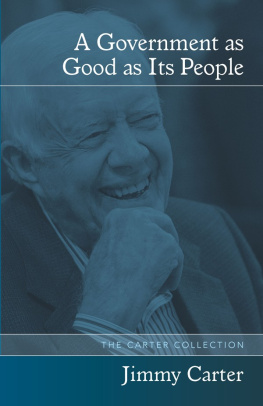
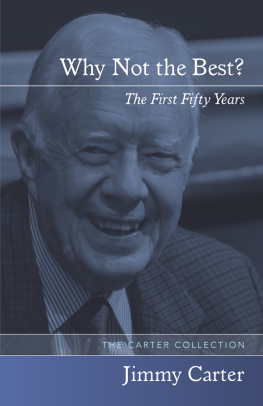
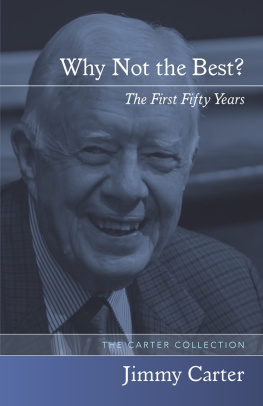
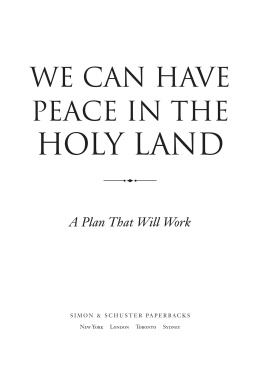
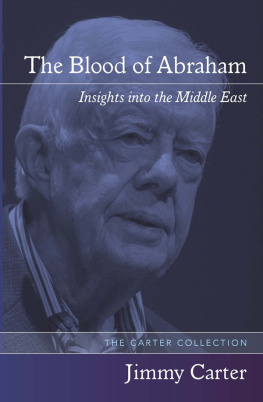
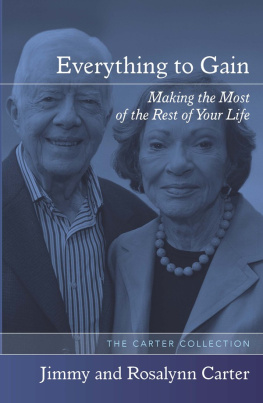

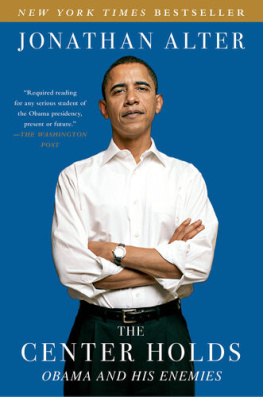
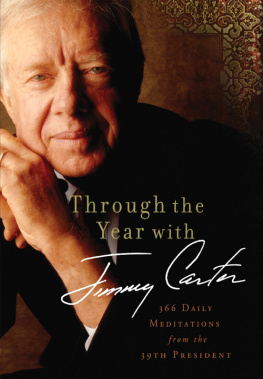

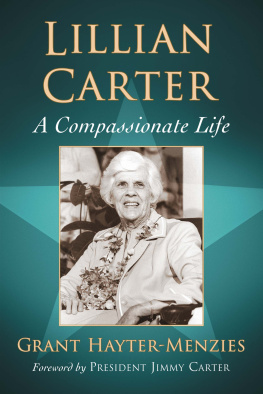
 The paper used in this publication meets the minimum requirements of the American National Standard for Permanence of Paper for Printed Library Materials Z39.48-1984.
The paper used in this publication meets the minimum requirements of the American National Standard for Permanence of Paper for Printed Library Materials Z39.48-1984.